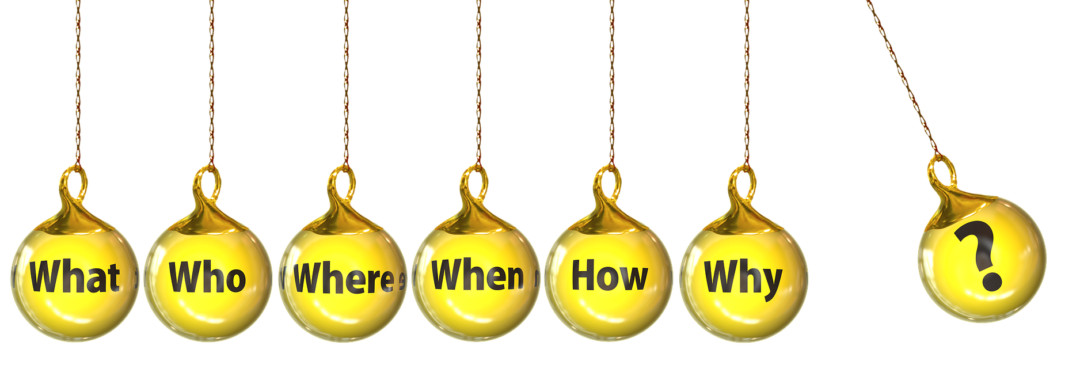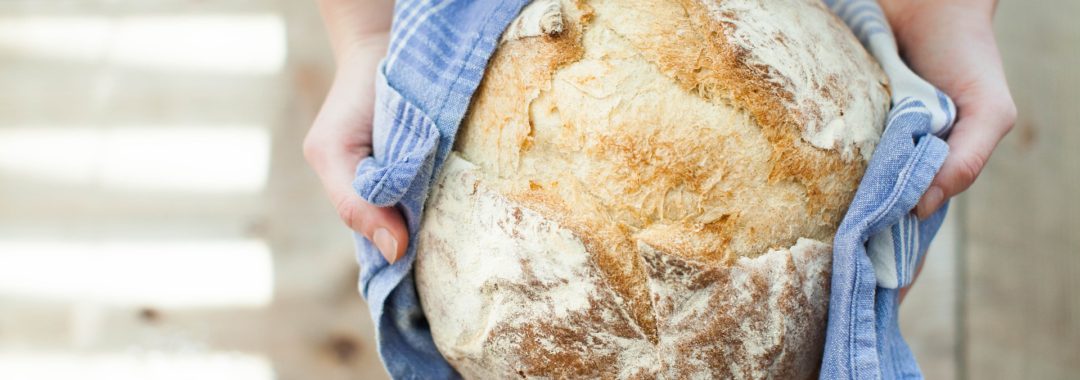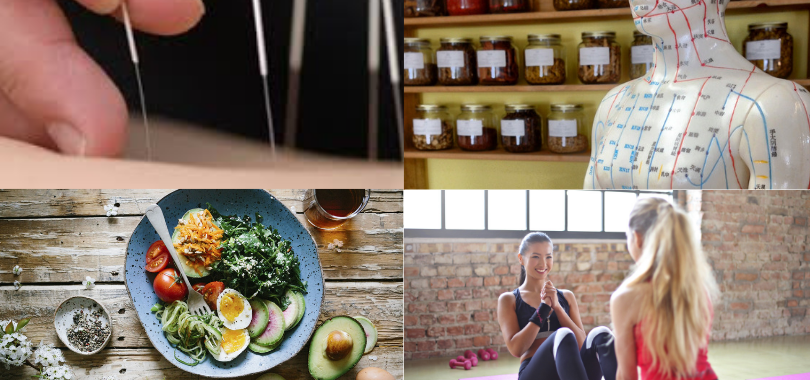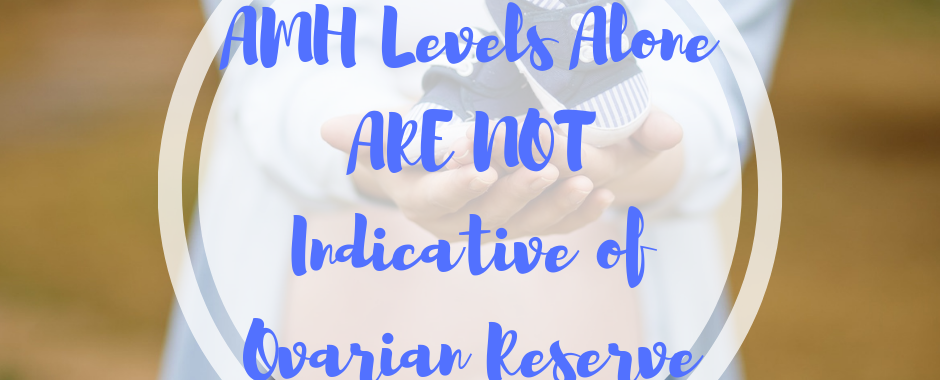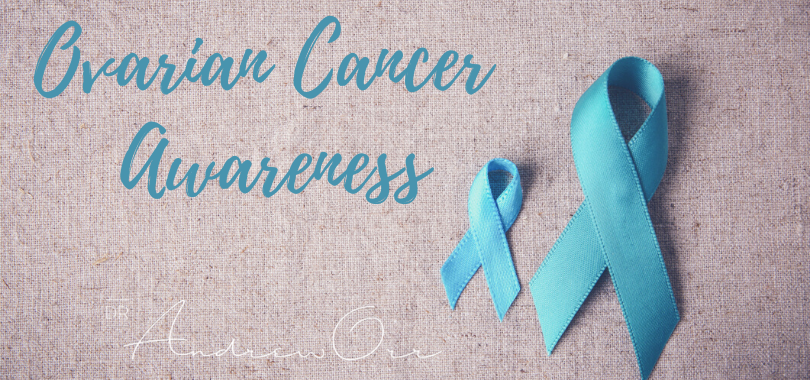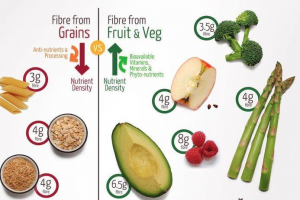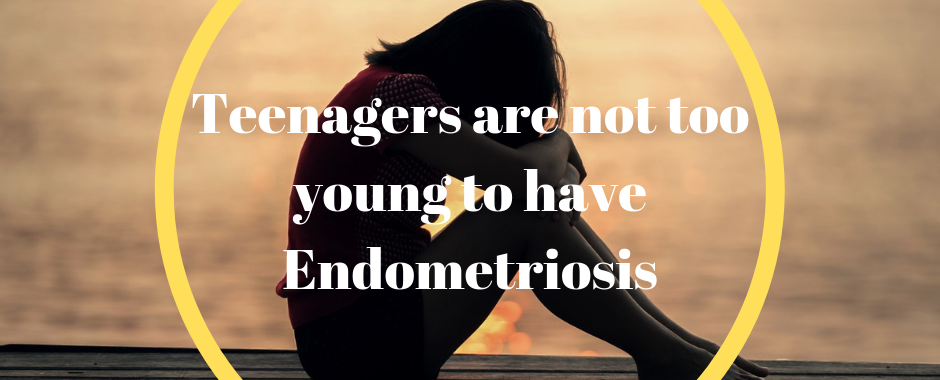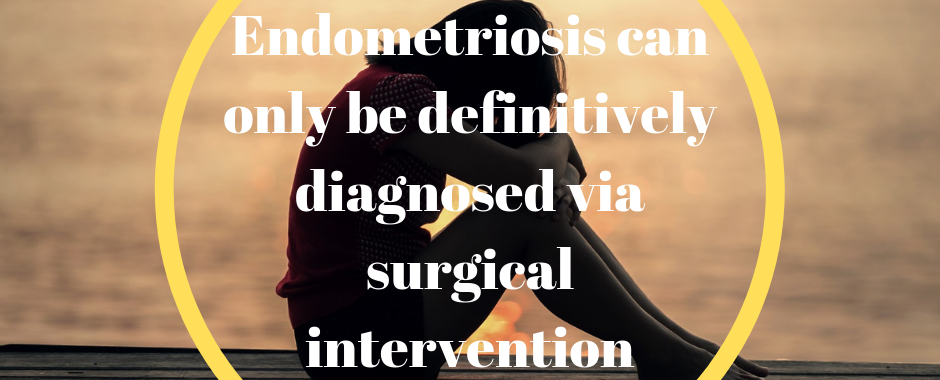Excess body fat and obesity is the enemy of fertility and it is something that needs to be talked about. Despite what anyone tells you, being overweight, or being obese significant affect on fertility and it can also affect the future health of offspring. This is a fact and we need to talk about it more and bring more awareness to this subject. This is why I have been focusing on this very important subject a lot more lately.
At present up to 70% (or more) of Australians are either overweight, or obese, so we can no longer ignore what the consequences of these statistics mean. We know that excess weight and excess body fat is linked to serious health consequences, but we need to talk about how it affects fertility and decreases the chances of obtaining a live birth.
Overweight, or obese men and women have higher levels of body fat and higher levels of the hormones leptin. As I have mentioned in previous posts, this excess body fat is also now referred to as obestrogens, as they cause the same health consequences as environmental estrogens (known as endocrine disruptors). These excess body fats and higher levels of leptin do impair production of sex hormones and also reduces fertility. It can also lead to poorer sperm quality, poorer egg quality and can also increase the risk of miscarriage. The more excess body fat, the greater the risk of fertility difficulties a couple will have. This is a fact. Despite what your specialist, your doctor, Dr Google, or your own mind tells you, this is a fact and we need to start being real about it. It isn’t about fat shaming either. It is to help people who are struggling with fertility and to help them seek the help they need to have a baby.
Excess body fat, especially excess abdominal fat is also linked to insulin resistance, metabolic syndrome and other health issues. It also interferes with the regulation of sex hormones and sex hormone binding globulin (SHBG). This can then increase the risk of irregular cycles, PCOS, endometriosis, sperm quality issues, miscarriage and other factors affecting fertility.
While the facts around excess body fat, excess weight and obesity are very real and can often seem overwhelming, there is some good news for couples that are overweight and obese.
Dietary and lifestyle changes and fat loss interventions which also includes exercise, can significantly improve fertility outcomes. It can also help with regular menstrual cycles, PCOS, endometriosis, sperm issues, egg quality, mental health and many other health issues. It definitely improves the chances of pregnancy and lessens the chances of miscarriage.
Research has shown that fat loss of up to 7%, for those that are overweight, achieved by diet, exercise and lifestyle changes, can improve overall health, fertility and improve chances of a successful live birth.
There is no fast track, or easy way to lose excess body fat and people need to face the facts, face reality and just get in a do it. The best ways to do this are as follows:
Seek the help of trained healthcare professionals that can help you with dietary and lifestyle changes and can help monitor you and support you rather than blaming and shaming. It also helps to hold you accountable and keep you motivated.
Do any dietary, exercise or lifestyle changes as a couple. It is much easier if you both do it and can support each other in any changes. You can also hold each other accountable and also see the changes in each other.
Set realistic goals and be realistic about how long things will take. It is no use setting unrealistic goals and having an unrealistic perception of how long things will take to change it your body. This will only set you up for failure and chances of rebounding. It is about one day at a time and one step at a time.
Seek the help of a trained healthcare professional to educate you on what good nutrition, good dietary and lifestyle habits are. The more educated you are about what a good diet is, the better your chances are of eating the right foods and achieving your fat loss goals
You need to exercise as well. Diet changes alone will only help to a point and you do need to do some form of resistance work to help burn fat. While walking is great, it doesn’t burn fat and increase lean muscle like resistance exercise (weights etc) can. You may even need to see a personal trainer to get yourself started and be held accountable.
Have access to fresh foods and means to increase your levels of physical activity. It is important to have access to good fresh foods and stay away from the processed and refined foods. You also need to have ways of exercising and keeping your body active and burning fat.
It is all about perception versus reality. You need to be real about your weight, your body fat and then set realistic goals to lose the excess body fats. Just remember it is about being proactive. Nobody is going to do this for you, but they can help encourage you to be healthy and make better dietary and lifestyle choices.
Lastly, men and women are twice as likely to achieve healthy weight and waist range and proper dietary and lifestyle choices if their partner does it too. The journey to having a baby requires a couple to do it and the same goes for weight loss and achieving healthy body fat and healthy waist range too.
Take care
Regards
Dr Andrew Orr
-No Stone Left Unturned
-Master of Reproductive Medicine and Women’s Health Medicine
-Women’s and Men’s Health Advocate


